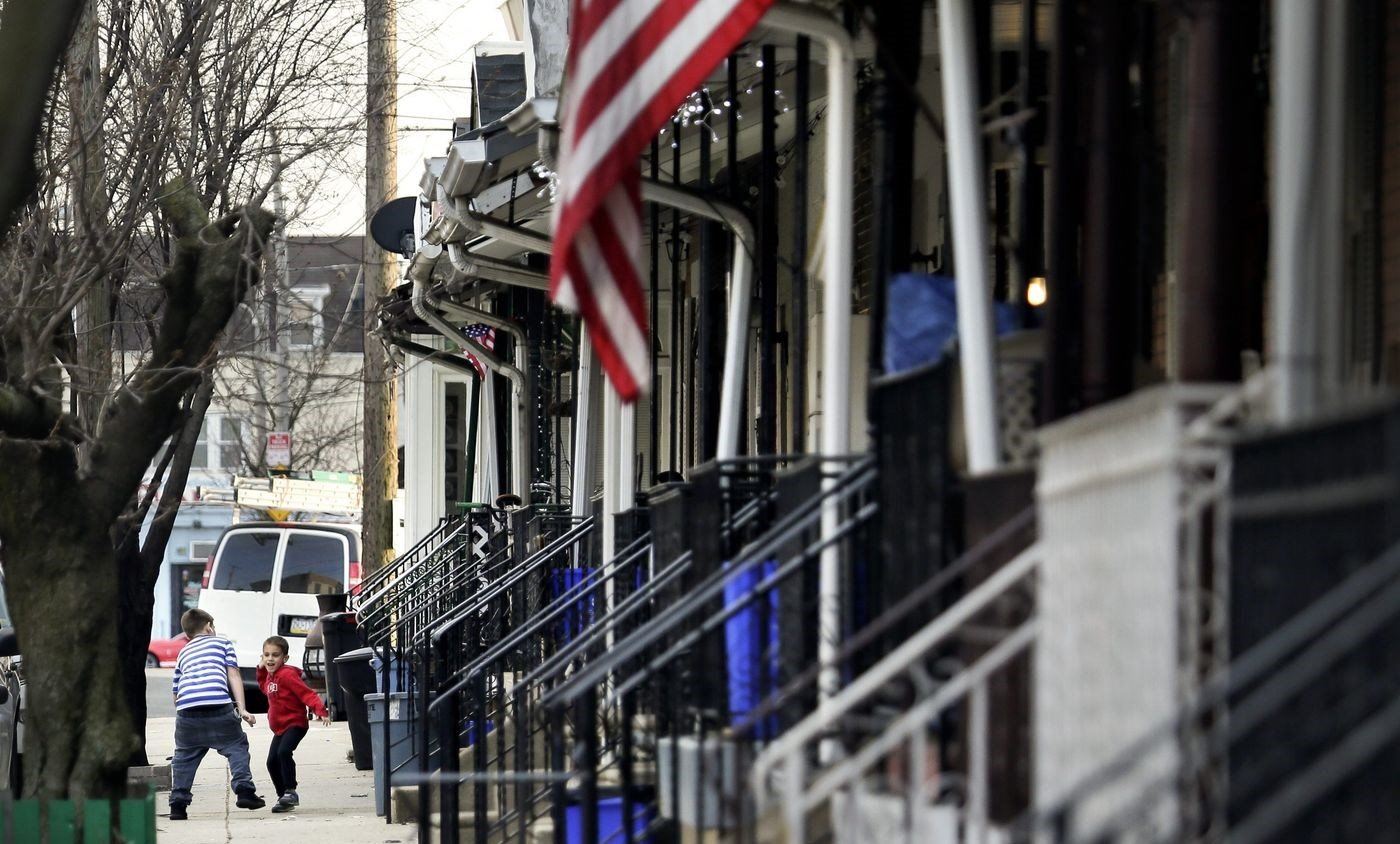
ELIZABETH ROBERTSON / STAFF PHOTOGRAPHER AT PHILLY.COM
This article was originally posted on Philly.com
Philadelphia property owners who appealed their 2019 market values after a reassessment led to large tax hikes for many homeowners can hold off on paying those increases — for now, at least — thanks to legislation that will take effect over Mayor Jim Kenney’s objection.
The bill will become law without the mayor’s signature; he sent it back to City Council on Thursday with a warning that it would hurt the School District to delay tax payments. The legislation allows owners of the more than 9,000 properties with pending appeals to continue paying taxes based on last year’s assessment until their cases are resolved.
Finance Director Rob Dubow told Council in December that the measure would jeopardize $22 million in property tax payments, which is a quarter of the $85 million that the 2019 reassessment was expected to raise in additional tax revenue.
The School District will face a total impact of about $15 million, said Uri Monson, the district’s chief financial officer — as much as $12.5 million from property taxes and up to $3 million in use and occupancy taxes. The $15 million is equivalent to less than 0.5 percent of the $3.2 billion school budget.
“Although I understand the concern about the impact of increased assessments on property owners, the potential harm inflicted on the School District outweighs any potential benefits of the bill,” Kenney wrote in a letter to Council members. “The bill will delay critically needed real estate revenues for the district and also create uncertainty about when those funds will be received."
After appeals are settled, which can take a year — longer if appeals continue into the court system — property owners would need to pay the difference if the outcome of their appeal was higher than their 2018 assessment.
Kenney’s letter marked the latest disagreement between the mayor and Council members over assessments.
An audit commissioned by Council and released this month said that the city’s assessment methods are flawed, and led to Council President Darrell L. Clarke’s calling for a change of leadership at the Office of Property Assessments. Kenney’s administration defended the Office of Property Assessment and disputed findings in the audit, but announced that it would scale back its plans for a 2020 reassessment and committed to making other improvements.
The city reassessed all residential properties for tax year 2019, resulting in increases for about 370,000 properties and raising the median value of a single-family home by 10.5 percent. In response to complaints from constituents over the tax increases, Council did not approve Kenney’s proposed tax rate hike and commissioned the recently released audit.
Councilman Mark Squilla, who sponsored the bill regarding tax payments while appeals are pending, said it is an additional way to help residents with possibly unfair tax hikes as appeals are addressed and as the city works to correct problems with assessments that were highlighted in the recent audit.
“If we have the values that are inaccurate, there is no reason why we think the taxpayer should have to pay before they even get a proper hearing on their appeal,” Squilla said Thursday.
Council passed a similar bill when the new assessment system began in 2014. Squilla sponsored a similar bill for tax year 2018, but it was held in committee.
The number of appeals filed with the Board of Revision of Taxes (BRT) is the highest number since 2014, when the city implemented a new system of valuing properties at 100 percent of market value. The number of appeals has grown since the Oct. 1 deadline to file them because the city had not completed all of the 20,000 informal appeals, known as first-level reviews, by October. After first-level reviews are complete, taxpayers can choose to file a formal appeal.
The number of 2019 appeals could continue to grow; assessment officials had not yet made decisions on 1,320 first-level reviews as of Wednesday, according to city spokesperson Mike Dunn.
The BRT, which hears the appeals, operates independently from the Kenney administration and the Office of Property Assessment. The board often takes more than a year to complete assessment appeals and has been criticized for its slow pace and significant backlogs.
In his letter to Council, Kenney proposed that the city work with the BRT “to hear all tax year 2019 appeals by December 2019.”
The BRT has finished hearing 2018 appeals and has moved on to 2019 cases, according to Carla Pagan, the board’s executive director. Of the 9,050 appeals filed for tax year 2019, Pagan said, the board has made decisions on 974.
